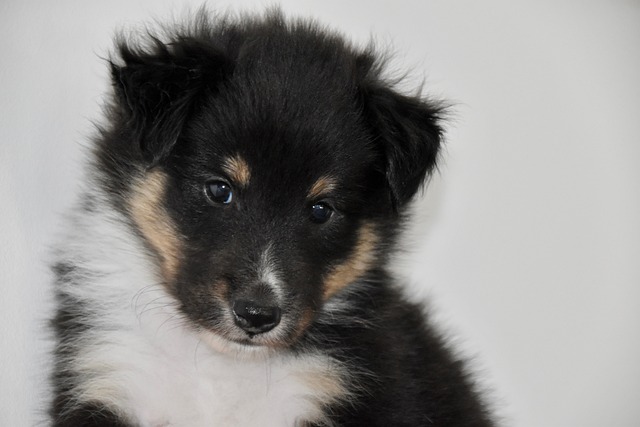
At what age can a dog be trained to urinate and defecate at a fixed spot?
New puppy owners often stare at their tiny, wiggly companions and wonder when the chaos of accidents on the rug will end.
If you’ve just started introducing your dog to the fun world of scent games, the burning question is often: how long until they become a pro? The honest answer is that there’s no single timeline, as it depends greatly on your dog’s breed, age, and your own consistency. However, you can often see the first sparks of understanding in just a few sessions. For a food-motivated Labrador, you might see them eagerly searching for a hidden treat within a week of short daily practices, while an independent Shiba Inu might take a bit longer to decide that the game is worthwhile. The key isn't a deadline but embracing the journey itself, as the process provides incredible mental enrichment that is just as valuable as the end result.
The science behind the varying timelines lies in canine psychology and learning theory. Scent work taps into a dog's most primal instinct, so we're not teaching a new skill so much as shaping a natural behavior and putting it on cue. We use positive reinforcement—rewarding the dog with a high-value treat or their favorite toy the moment they perform the desired action—to build a strong, happy association with finding the target odor. This force-free method is the gold standard, as it builds confidence and trust. Punitive methods or showing frustration are not only culturally frowned upon but are also counterproductive; they increase a dog's stress levels, which actually inhibits their ability to learn and problem-solve, slowing the entire process down significantly.
Your training plan should start in a distraction-free zone, like your living room. Begin by teaching a solid "Find it" cue by tossing a treat on the floor and saying the words as they go to get it. After a few repetitions, have your dog stay while you "hide" the treat under an obvious box. Release them with excitement and reward them lavishly for investigating. These initial stages might take a few days to a week to solidify. Once they’ve mastered that, gradually increase the difficulty over several weeks: hide the treat in another room, use multiple boxes, or introduce a specific scent like birch oil on a cotton swab inside a tin with holes. The entire process from beginner to reliably finding hidden odors in different environments can comfortably take anywhere from a month to three months of consistent, short, and fun daily sessions.
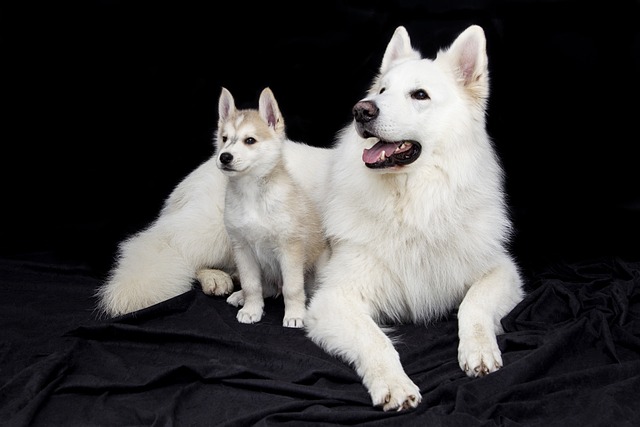
This patient, rewarding activity has a wonderful ripple effect on your dog's overall behavior, especially for those in apartments. A dog that has had a good mental workout from a 15-minute scent game is often more settled and less likely to engage in nuisance barking or other boredom-induced behaviors. This makes them a better neighbor and makes your public walks more pleasant. And while you're focused on training, remember your community responsibilities. Always have a supply of waste bags on hand—cleaning up after your dog is a simple act of respect and a legal requirement in most U.S. cities. Furthermore, before you consider taking your scent work skills to a public park or group class, ensure your dog’s rabies vaccination and license are meticulously up-to-date. This isn't just a best practice; it's the law. By pairing your dedication to training with conscientious ownership, you're not just building a great sniffer; you're building a wonderful canine citizen.

New puppy owners often stare at their tiny, wiggly companions and wonder when the chaos of accidents on the rug will end.
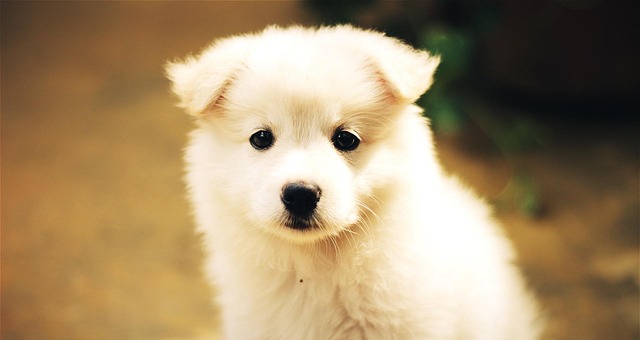
Most new pup parents have stared at a puddle on the kitchen floor and wished their dog could just say when they need to go.The good news?Dogs already give subtle cues—you just need to teach them to turn those cues into clear signals you'l notice.
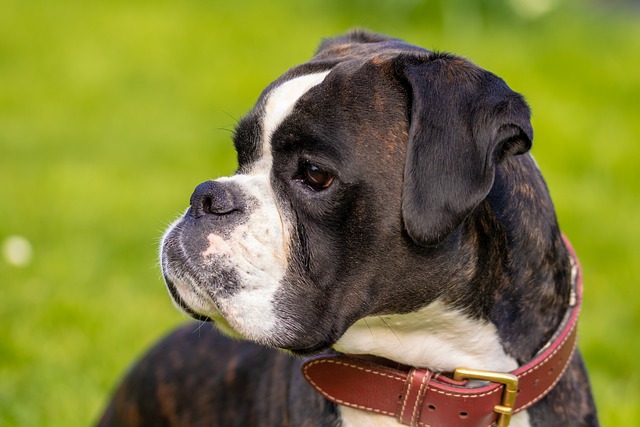
Watching your senior Cocker Spaniel sniff out a crumb under the kitchen table or your tiny Chihuahua alert to a neighbor’s barbecue a block away might make you wonder
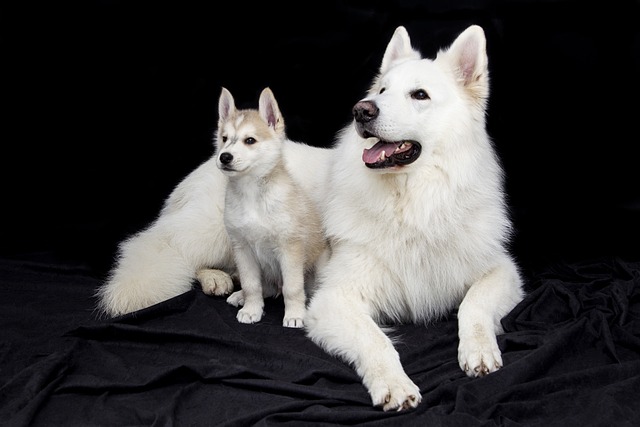
If you’ve just started introducing your dog to the fun world of scent games, the burning question is often: how long until they become a pro?
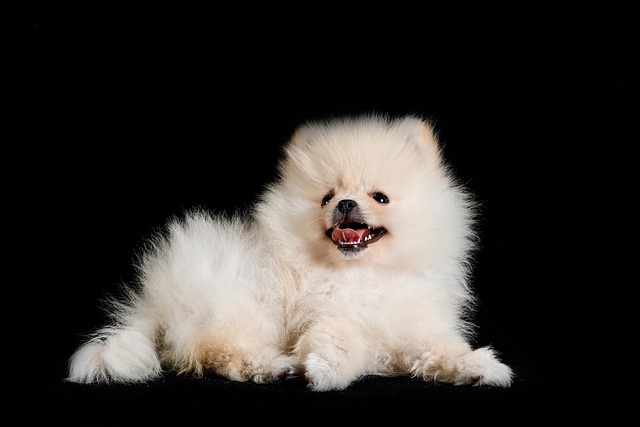
Pomeranians, with their tiny frames and big personalities, can be tricky to house train—their small bladders mean frequent trips outside, and their stubborn streak might make them test boundaries.
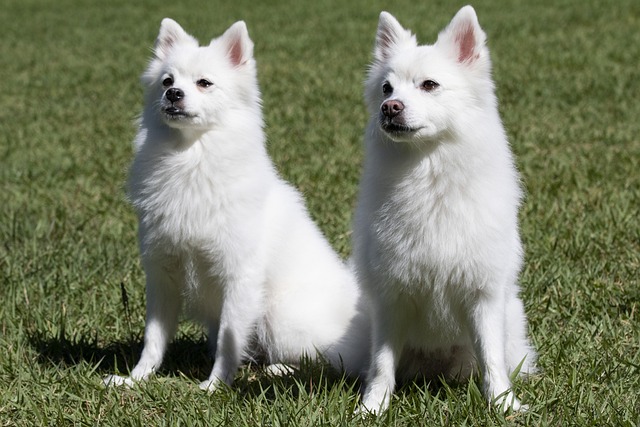
Watching your dog’s nose work overtime on a walk—sniffing every fire hydrant and blade of grass—is a clear sign of a powerful natural instinct.